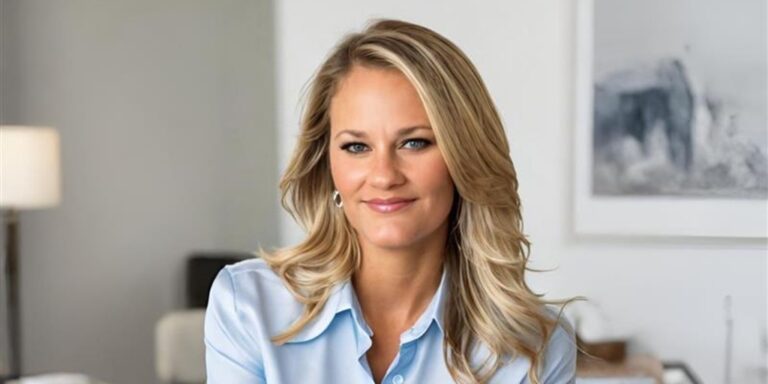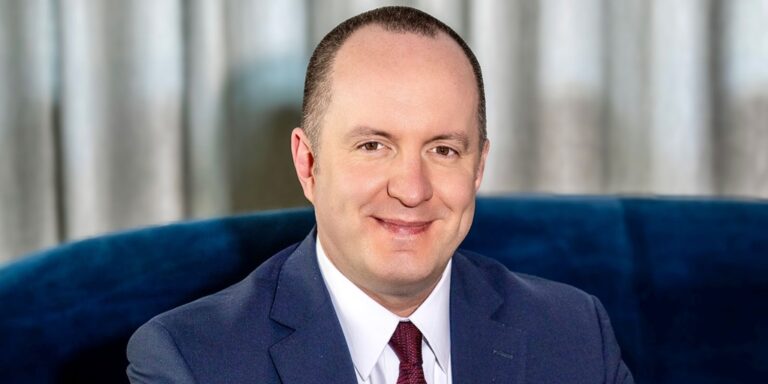David Lund, The Hotel Financial Coach, considers why managers need to spend so much time finalising their budgets and securing sign-off from all relevant parties.
Bloody is a great word. It’s English and I’m Canadian so that’s close enough and I’m adopting it for this piece. The word is so descriptive, and it immediately conjures up images of battle and of great suffering.
Much the same as the annual carnage we refer to as budget season in the hotel business. It’s the epic contest between line managers and executives, hotel leadership teams and the brand and hotels and their owners.
In some hotels it can take six months to get the budget done, revised umpteen times and eventually – hopefully – approved. It’s nothing for the battle to last for three months in a typical, branded, managed hotel, and it consumes an inordinate amount of the hotel leadership team’s time and precious scarce resources.
So why does it take so long? The reason is simple, it’s because there is so much at stake with the budget. Let’s examine exactly what’s up for grabs with the annual grudge match.
For starters the budget is probably the one item that is referred to and measured against in the hotel management agreement (HMA) more than any other single item. It seems like everything is measured and balanced back against the annual budget. Terms like:
- in accordance with
- proposed annual budget
- operating budget
- good faith
- approval
- capital budget
- for consideration
- written approval
- on or before
- objections
- failure to agree
- mediator
- final approval
- safe, efficient, reasonable judgment, the standard, and amendment
I could fill at least the next three pages with more references.
To get the budget right is critical for both the owner and the manager. The owner holds the manager responsible for achieving the budget and the manager uses the approved budget and its contents to manage the property.
In this balancing act is a great deal of back and forth between the two parties as to exactly what’s included/approved and what’s not. The manager wants to operate the hotel free and clear of the owner’s meddling day-to-day and the owner, usually through their asset manager, wants the hotel to heed their blessing at every possible intersection.
Through the terms of the typical HMA the manager is given the approval and direction to operate the hotel in accordance with the terms of the ‘approved’ annual budget.
To the manager this is critical. The manager wants to be left alone to manage the hotel as they see fit. Items like managers’ salaries, approval of key staff, brand standards, national programmes, training initiatives and technology platforms are just a few of the items the brand and their managers hold dearly. The management and brand want to be left alone in ‘quiet enjoyment’ to manage as they see fit, all the while keeping the budget targets squarely in their sights.
Owners on the other hand want to question, evaluate and basically stick their nose in the hotel’s operating wheels whenever possible.
Another overriding aspect that looms over the entire budget game in a very big way is money. With the approved budget comes targets for bonuses and incentives – both for hotel management and sales team as well as the brand. Make or beat the budget and hotel executives can make a big win and the resulting payday can make the hair on the back of your neck stand up.
For the brand there are incentive fees in many agreements that pay out big time if they are achieved. Missing the critical budget target can be costly both in lost income and revenues as well as bragging rights and even the management contract. In some management agreements making the budgeted profit, the GOP [gross operating profit] is the gatekeeper for the brand to retain the flag on that property. No flag equals no fees.
For younger inexperienced leaders it may be the first time someone has asked them to participate in the budget exercise. This can be an intimidating and exciting prospect at the same time.
Many make the mistake of wanting to right all the wrongs and this means submitting staffing and expense requests the first time that are way too big for anyone to swallow. These get shot down so to speak and then reality sets in. Usually the owner ultimately shows his cards and will want you to budget less in expense and payroll than last year. Cut, cut, cut is the chorus you will hear from the owner.
All of this back and forth is very frustrating for the novice operator and a large waste of time. In another post I wrote about having the end in mind before beginning the annual budget contest. Knowing what will fly and what won’t is the ticket to the smooth lane when it comes to budgets.
A one-on-one with your owner’s rep before the season starts is a wise move. Ask them what they’re looking for. This can save a lot of time and effort and be prepared to give some blood. In another post I spelled out the top ten mistakes to avoid. Many times, the secret to success is knowing what not to do.
In the end preparing a full-blown 12-month operating budget is a big job but you don’t need to make it a full-blown battle. Know what your suitor is looking for and be prepared to give it. Owners will hold your feet to the fire and ask for the stars.
Above all else the budget process is the opportunity to learn about every inch of your hotel. Take the opportunity to really examine what’s going on inside all the departmental schedules. Hold your managers accountable for their numbers and make sure they know what’s in their statements. The GM’s Yardstick is a great recipe to follow for a sure fire way to get the most out of the bloody exercise.
Enjoy the fight.
This is an edited version of an article that appeared on Hotel Financial Coach.
David Lund is The Hotel Financial Coach, an international hospitality financial leadership pioneer. He has held positions as a regional financial controller, corporate director and hotel manager with Fairmont Hotels for over 30 years. He is also a speaker at many hospitality events and delivers financial leadership workshops to hoteliers in the industry.
Contact him at: [email protected]






